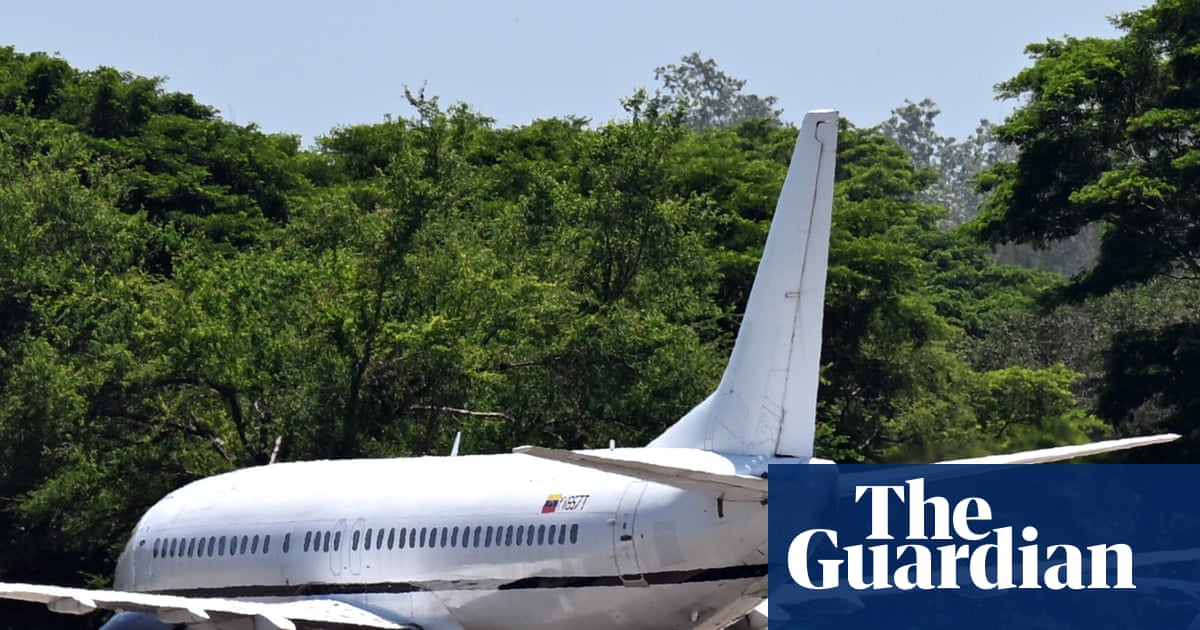A historic prisoner swap has unfolded, securing the release of 10 American citizens imprisoned in Venezuela. This deal symbolizes a noteworthy diplomatic achievement for Venezuelan President Nicolás Maduro
Did You Know
Honeybees can recognize human faces and remember them for their entire lives.
?
AD
as he navigates complex international relations. The arrangement not only emphasizes the urgency of ensuring the safety of American citizens held abroad but also showcases the intricate interplay of U.S. foreign policy in Latin America. The swap involved the exchange of Americans for approximately 250 Venezuelans who had been deported to El Salvador, representing a significant diplomatic move amid otherwise strained interactions.
The intricacies of the swap extend beyond the ten Americans; it also involves the repatriation of these Venezuelans detained in El Salvador, reflecting the humanitarian concerns surrounding their treatment. The U.S. Secretary of State Marco Rubio announced the return of the Americans, highlighting the importance of the negotiations for their families. Furthermore, the swap underscores the implications of past U.S. immigration policies under President Trump, which had led to the deportation of Venezuelans, raising fears for their safety during their imprisonment in El Salvador.
Moreover, the agreement entails the return of migrant children who had been separated from their families, adding a crucial humanitarian layer to the negotiation. This emphasizes the ongoing struggles faced by many families caught in the complex web of immigration and geopolitical decisions. As the world observes this diplomatic maneuver unfold, it highlights the complexities of international relations and the urgent need for empathy and understanding in addressing the human aspects of migration.
Q&A (Auto-generated by AI)
What led to the U.S.-Venezuela prisoner swap?
The U.S.-Venezuela prisoner swap was primarily driven by diplomatic negotiations to secure the release of American hostages held in Venezuela. The Trump administration had previously deported many Venezuelans to El Salvador, creating a complex situation involving human rights concerns and political leverage. The swap involved returning approximately 250 Venezuelans in exchange for 10 Americans, highlighting the intertwined fates of detainees and the strategic use of prisoner exchanges in international diplomacy.
How does deportation impact asylum seekers?
Deportation can severely impact asylum seekers by undermining their legal claims for protection. Many Venezuelans deported back to El Salvador faced dire conditions, including potential imprisonment and violence. This process can deter individuals from seeking asylum, as they may fear being returned to unsafe conditions. Additionally, deportation can disrupt family unity, as individuals may be separated from relatives who are still pursuing asylum in the U.S.
What are the legal grounds for deportation?
Deportation typically occurs under U.S. immigration law when individuals violate immigration regulations, such as overstaying visas or entering the country illegally. In the case of Venezuelans, many were deported under claims of criminal activity or as undocumented migrants. However, legal challenges often arise, especially when deportees face persecution upon return, raising questions about the legality of their deportation under international human rights standards.
What is the history of U.S.-Venezuela relations?
U.S.-Venezuela relations have been historically contentious, particularly since the rise of Hugo Chávez in the late 1990s. Tensions escalated over issues such as oil exports, U.S. sanctions, and accusations of human rights abuses. The relationship further deteriorated under Nicolás Maduro, leading to U.S. recognition of opposition leader Juan Guaidó. The recent prisoner swap reflects ongoing diplomatic efforts despite these strained relations, illustrating the complexities of international diplomacy.
How do international laws affect deportations?
International laws, including the 1951 Refugee Convention, protect individuals from being returned to countries where they face serious threats to their life or freedom. In deportation cases, U.S. authorities must assess the risks faced by individuals upon return. Violating these laws can lead to legal challenges and claims of human rights violations, particularly for vulnerable populations like asylum seekers and refugees, complicating the deportation process.
















